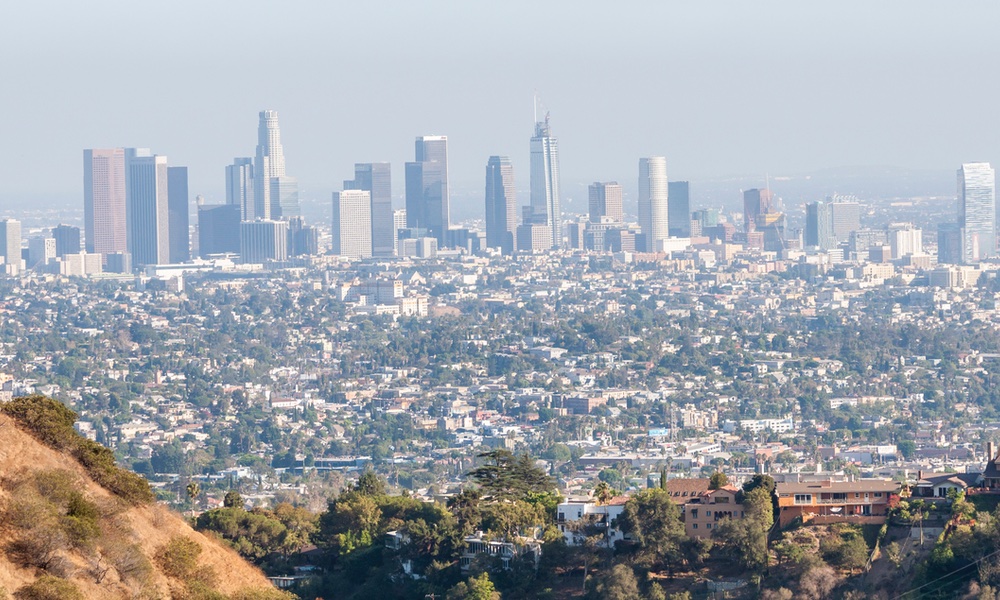Doctors have long prescribed lipid-lowering drugs called statins to reduce the levels of bad cholesterol in the blood. Recent clinical research has suggested that high-doses of these drugs may also stimulate breakdown of the fatty plaques that are the hallmark of atherosclerosis and coronary artery disease. However, the mechanism by which statins exert this effect has remained unclear.Â
New research from New York University Medical Center points to a possible explanation. Â
If the results are confirmed, statins could represent that holy grail of pharmacologic therapy: a drug that not only prevents but also reverses disease.
Atherosclerosis often develops as a result of high levels of circulating cholesterol. As blood moves through the body, cholesterol molecules adhere to and accumulate on the walls of arteries. Over time, these deposits harden into plaque, which may fracture or clot over, critically blocking blood flow and leading to a heart attack or stroke.
Using a mouse model, the NYU researchers showed that statins intervene in the formation of plaque by directly regulating a protein on the surface of macrophages called C-C chemokine receptor type 7 (CCR7). In the study, activation of CCR7 by statins initiated a cell-signaling pathway – in essence a chain reaction – that resulted in the expulsion of macrophages from plaque. Furthermore, the researchers showed that macrophages were expelled from plaque only in the presence of CCR7, bolstering the cause-and-effect relationship between statins and plaque clearing.
In announcing the study's results, Dr. Edward Fisher, a professor of cardiovascular medicine at NYU and a co-author of the study, described the process as a way to "dissolve plaque... and actually promote the regression of atherosclerosis." Their findings led the researchers to speculate that statins "could possibly be more beneficial to a wider population of patients, potentially reducing the overall lifetime burden of plaque and the prevention of atherosclerosis."Â
Although these findings are intriguing, further research is needed to validate the effects in humans. If the results are confirmed, statins could represent that holy grail of pharmacologic therapy: a drug that not only prevents but also reverses disease. Now that's heartening news.




